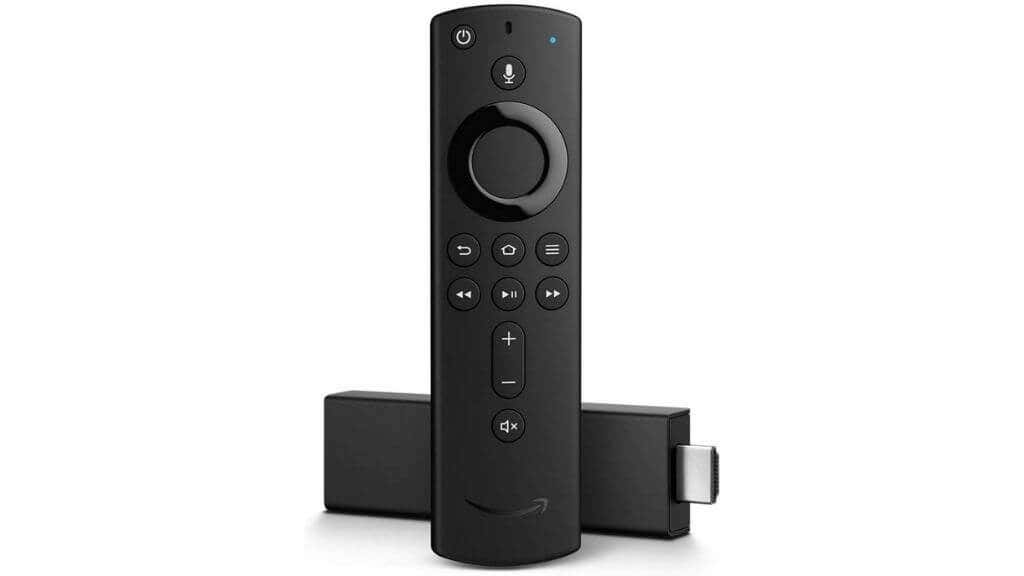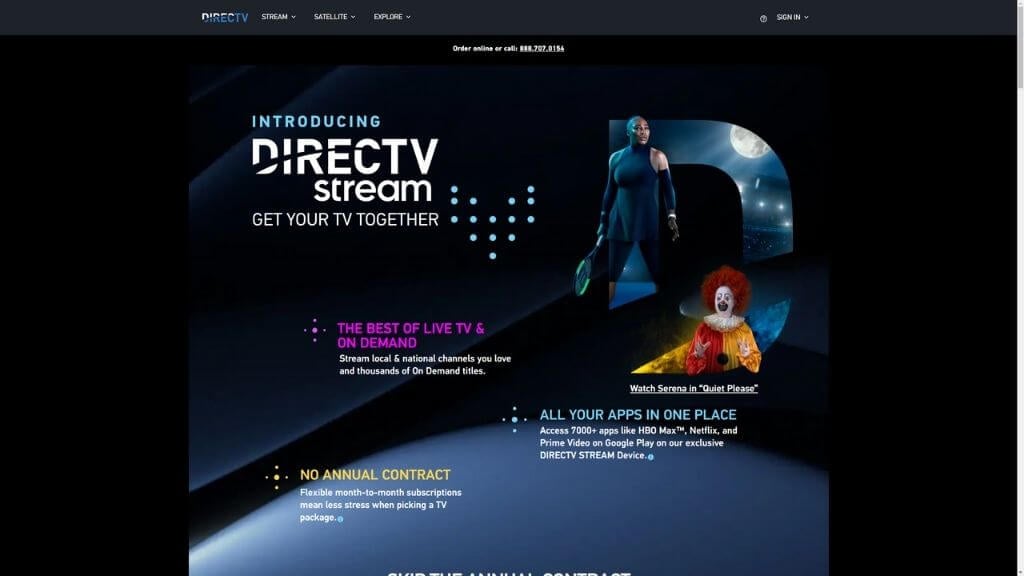What Is IPTV Exactly?
At its most basic level, IPTV is exactly what its name implies. It’s television delivered using Internet Protocol. In case you didn’t know, Internet Protocol is the electronic language of the internet. It’s the system of sending and receiving data packets by routing them across the internet. IPTV is therefore essentially the same as TV delivered over satellite, cable, or radio waves. However, IPTV can offer additional features other TV delivery methods can’t, such as instant interactivity, thanks to its internet-based nature.
Isn’t IPTV Just Like Netflix?
It’s possible to have one service offer both. For example, Hulu offers IPTV channels as a bolt-on subscription to its basic on-demand video service. Therefore, the experience of IPTV is like traditional live television, although the streaming technology is fundamentally the same as on-demand video providers. Some definitions of IPTV are broad enough to include services like Netflix as well, but in this article, we’re dealing with IPTV as it’s marketed to customers.
What Do I Need for IPTV?
IPTV has more or less the same requirements as on-demand video services like Netflix or Hulu: Some IPTV services provide their set-top box and don’t allow anyone who doesn’t have said box to watch their streams. This is to prevent piracy and avoid people watching IPTV streams that are not approved for their region. That brings us to the next most important thing about IPTV: legality.
Is IPTV Legal?
IPTV technology is entirely legal, although a few oddball nations may have a problem with it that we don’t know of. Any legal issues with IPTV come from licensing. Firstly, there are IPTV services that broadcast content they have no right to. These are like pirate TV stations, and whether you pay for them or not, they’re conducting an illegal business. It’s not always easy to spot a pirate IPTV provider, but one big clue is that their app isn’t available on your local app store, and you have to sideload it to gain access to the stream. Of course, not being in your local app store doesn’t mean piracy only. Legitimate IPTV providers are only licensed to stream their content in certain parts of the world. So if they are absent from your mobile app store, that’s another explanation. The difference here is that a legitimate IPTV provider would not offer unofficial access to the stream. If an IPTV provider is not licensed to broadcast their content in your region, you can often circumvent this using a VPN or Smart DNS. However, that’s tantamount to copyright infringement since someone else has the right to provide that content in your region. The legality of using a VPN to get around regional restrictions will vary from one country to the next. However, at the very least, it’s likely to be a breach of the terms of use for the IPTV provider in question.
The Advantages of IPTV
IPTV has several advantages over cable, satellite, and radio broadcast TV.
It often lets you watch shows you’ve missed as part of the subscription.The image quality is generally superior to satellite and radio-wave TV.Installation is much cheaper, especially if you already have broadband and a suitable device.It offers more interactivity (e.g., voting on a live show)
The Best IPTV Providers
There are many IPTV providers out there, and the one that’s just right for you will depend on where you live and what sort of content you like. We’ve found a few well-regarded, legal, and popular services. Just remember that it’s your responsibility to check whether a given IPTV service is legal in your specific location since regional licensing applies.
DirecTV Stream
DirecTV resulted from a buyout by AT&T and then a merger with AT&T’s own IPTV service. It offers several tiers of content, but you’ll get a mix of live TV and on-demand video in all of them. DirecTV starts at $69.99 per month up to $139.99. The main differences between the tiers are the sports content and the number of bolt-on packages (such as HBO Max) that are included.
Tubi TV
In contrast to DirectTV, Tubi TV is entirely free and offers a wide variety of live and on-demand content. Everything is ad-supported. Tubi has an advert run every 15 minutes and has about 4-8 minutes of advertising for every hour of content. Sadly, there is no paid tier to remove advertising, so everyone has to put up with it. This can be pretty annoying for on-demand content. Still, if you’re coming from traditional TV over cable, satellite, or free-to-air services, this is an improvement since most of those services have more ads for longer amounts of time. Tubi TV tends to have older content, but then again, you won’t find much of this classic content on most paid services. So, at the very least, Tubi is an excellent complementary IPTV service to have.
Is IPTV for You?
If you’re already using services like Netflix and are happy with the reliability of your internet connection, there’s no reason to be wary of IPTV. It really comes down to whether there’s an IPTV service that caters to your needs and tastes. If your current TV service offers the same content as IPTV, it might be an excellent move to unify everything to your internet connection and run it all on one device. If you’ve cut the cord and are thinking about how much you miss live TV, consider if you need it. Live sports are a common driver for IPTV demand, and it is something absent from services like Netflix, but news coverage is something most of us get from our smartphones. Rather than sitting down at 9 pm to watch it on TV. IPTV is an excellent remedy to the problem of choice paralysis with services like Netflix. If you find that you spend more time looking through shows rather than watching them, IPTV and a few channels that suit your tastes might be an excellent alternative.





